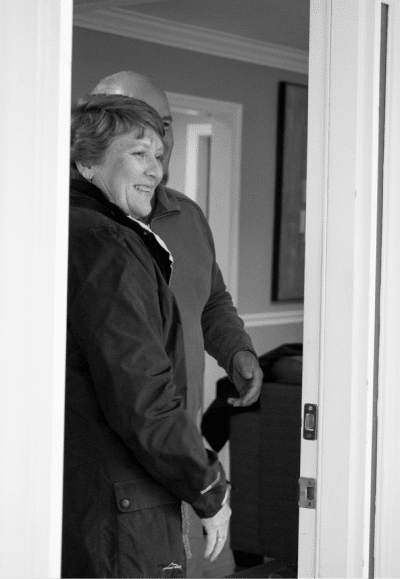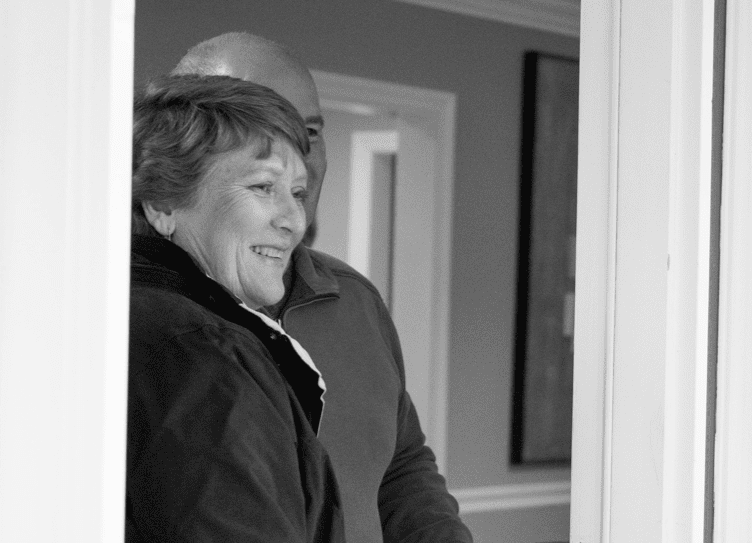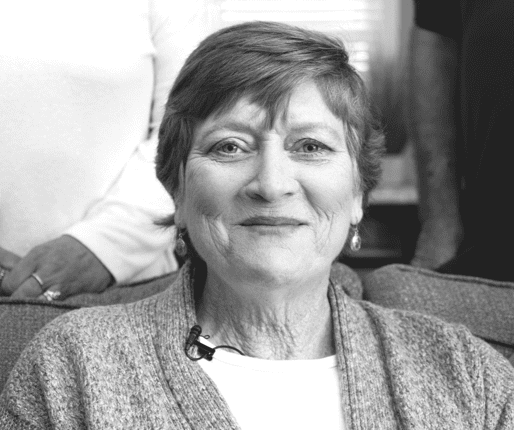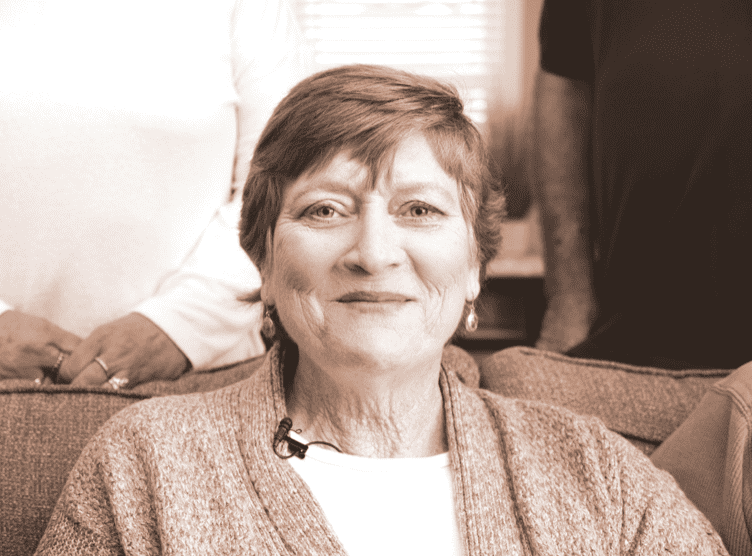Caregiving for PBA
You’re a caregiver.
When someone you love may have Pseudobulbar Affect (PBA), you’re in a special position—the position to help make an impact.


Laura has known Amy since they were 18. And as her longtime friend, Laura knew Amy wouldn’t give up until she got answers about her PBA symptoms.
All individuals are real patients living with PBA or caregivers for real patients living with PBA. The appearances of the individuals depicted were accurate at the time the images were taken.


Spouses are caregivers.
All individuals are real patients living with PBA or caregivers for real patients living with PBA. The appearances of the individuals depicted were accurate at the time the images were taken.
Understand the impact.
- Are they avoiding social events?
- Are they not going out in public as much as they used to?
- Do they suddenly dread going to work?
- Have their daily routines changed since the episodes started?
Share details with their healthcare provider. It could be critical to making an accurate PBA diagnosis.
What small actions can you take to make a big difference?

All individuals are real patients living with PBA or caregivers for real patients living with PBA. The appearances of the individuals depicted were accurate at the time the images were taken.
Learn
all you can about PBA.
- Answer 7 short questions about your loved one’s crying and/or laughing episodes here: take the PBA Quiz.
- Encourage your loved one to take the PBA Quiz.
- Learn more with our PBA FAQs
Advocate
for your loved one’s healthcare.
- Encourage your loved one to make an appointment with a healthcare provider.
- If you’re able, go to healthcare appointments with your loved one.
- Discuss with a healthcare provider the impact your loved one’s episodes have had on their daily routines.
- If you can’t accompany them to their appointment, help write down notes for them to share with the healthcare provider so they can advocate for themselves.
Support
your loved one in social situations.
- Make a plan together about how to handle a crying and/or laughing episode ahead of time.
- Find a private place to take a break if they feel an episode coming on.
- Take the lead in the situation and leave with your loved one if it becomes too much for them.
- Let them know you are not embarrassed by their crying and/or laughing episodes.
* PBA Nurse Talk is sponsored by Avanir Pharmaceuticals, Inc., which is committed to supporting those who may be suffering from PBA. This program is offered at no cost to those eligible, does not require health insurance, and does not replace speaking with a healthcare provider – only a healthcare provider can diagnose PBA. PBA Nurse Talk conversations with a nurse will remain completely confidential. PBA Nurse Talk is only available to people experiencing uncontrollable crying and/or laughing, not their caregivers.
Remember: PBA can be managed, but a healthcare provider needs to make the diagnosis.

The Partner

The Cheerleader
All individuals are real patients living with PBA or caregivers for real patients living with PBA. The appearances of the individuals depicted were accurate at the time the images were taken.








